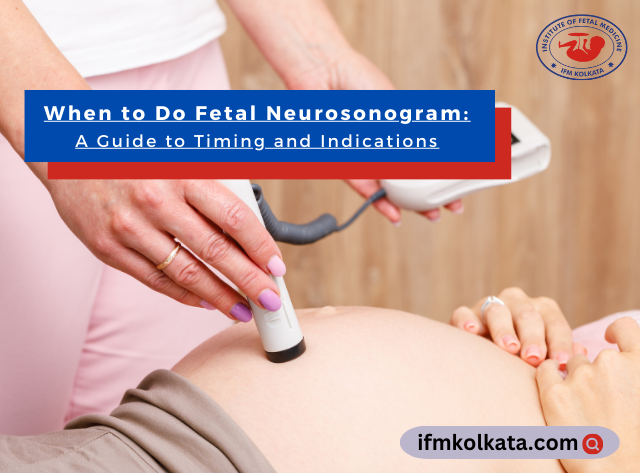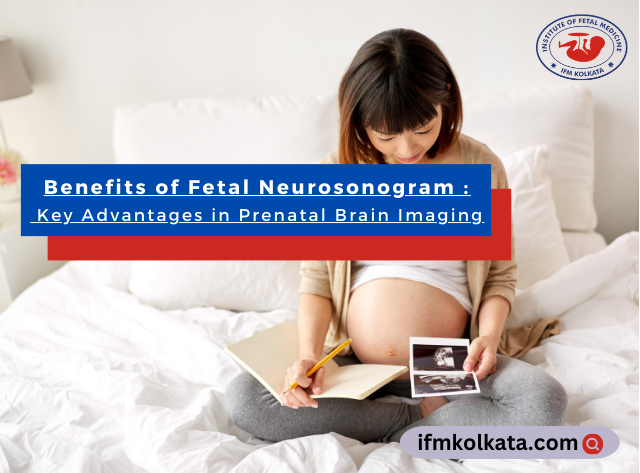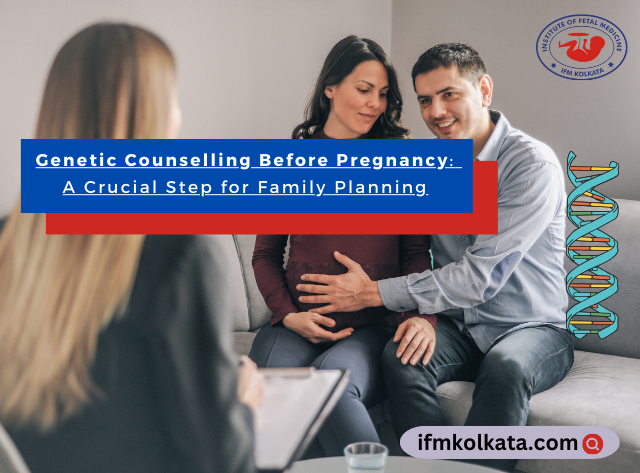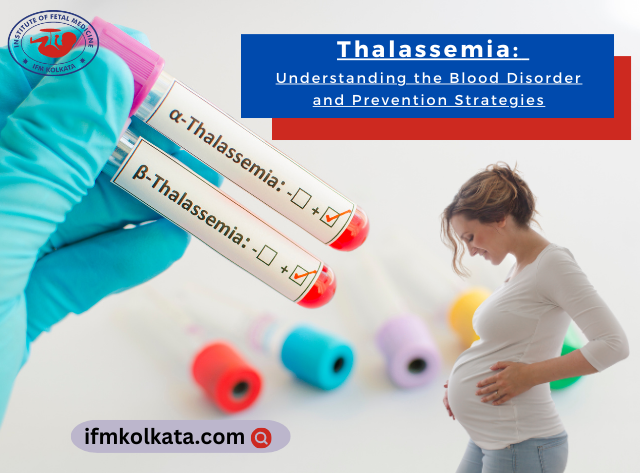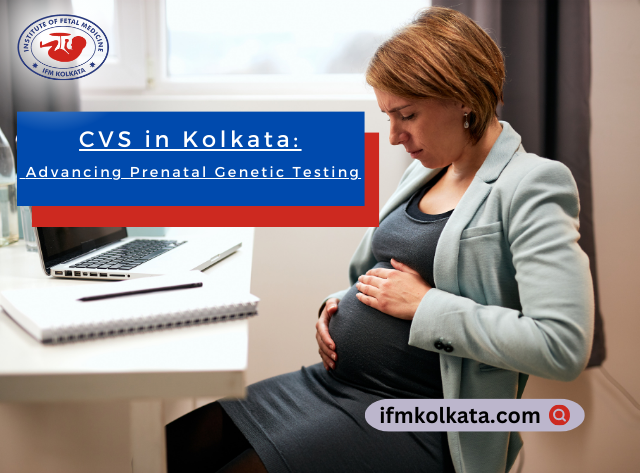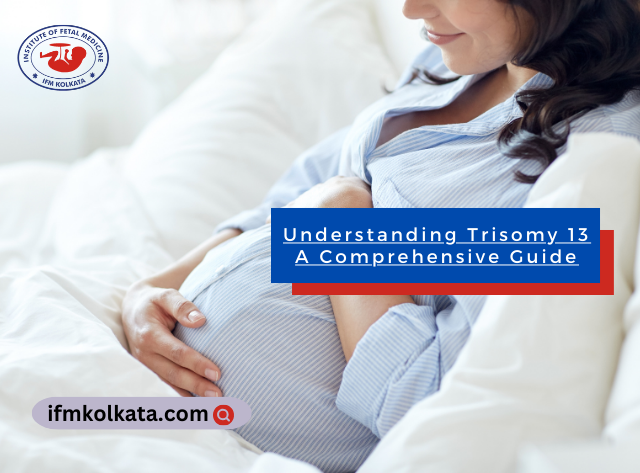Fetal Neurosonogram, also known as prenatal brain ultrasound, is a specialized imaging technique that plays a crucial role in assessing fetal brain development during pregnancy. This procedure can provide valuable insights into the health of a developing fetus, allowing early detection of potential neurological issues. But when is the right time to perform a Fetal Neurosonogram, and what situations call for this examination?
Ideal Timing for Fetal Neurosonogram
A Fetal Neurosonogram is typically performed during the second trimester of pregnancy, between 18 and 24 weeks. This period is when the fetal brain undergoes significant development, making it the optimal time to evaluate its structure and identify any anomalies. In some cases, neurosonograms are also performed later in pregnancy if there are concerns about fetal brain development or when additional monitoring is needed.
Indications for Fetal Neurosonogram
Several scenarios warrant a fetal neurosonogram, including:
Fetal Neurosonogram –Abnormal Prenatal Screening Results
If initial prenatal screening, such as nuchal translucency or quad screening, indicates potential issues, a fetus neurosonogram may be recommended to investigate further. It helps confirm or rule out possible abnormalities in the brain’s development.
Family History of Neurological Conditions
A history of neurological disorders, such as epilepsy or certain genetic conditions, may prompt a fetal neurosonogram to assess the risk to the fetus.
High-Risk Pregnancies
Pregnancies with a higher risk due to maternal age, pre-existing medical conditions, or previous complications may require a fetus neurosonogram to ensure the fetus brain is developing properly.
Multiple Pregnancies
In cases of twins or higher-order multiples, fetus neurosonogram can help monitor brain development and detect potential issues arising from shared or separate placentas.
Recurrent Pregnancy Loss or Fetal Abnormalities
Couples who have experienced recurrent pregnancy loss or previous pregnancies with fetus abnormalities may benefit from a fetus neurosonogram. This helps them better understand the causes and plan for future pregnancies.
The Institute of Fetal Medicine (IFM) in Kolkata specializes in prenatal diagnostic imaging. They offer fetal neurosonograms to help parents make informed decisions about their pregnancies. With a focus on prenatal brain ultrasound, IFM provides comprehensive support and guidance throughout the process.
If you have concerns about when to schedule a fetus neurosonogram, contact IFM, Kolkata. They can also help determine whether it’s needed in your pregnancy. Their team of experts can help determine the appropriate timing. They will guide you through the process to ensure the best outcomes for you and your baby.

